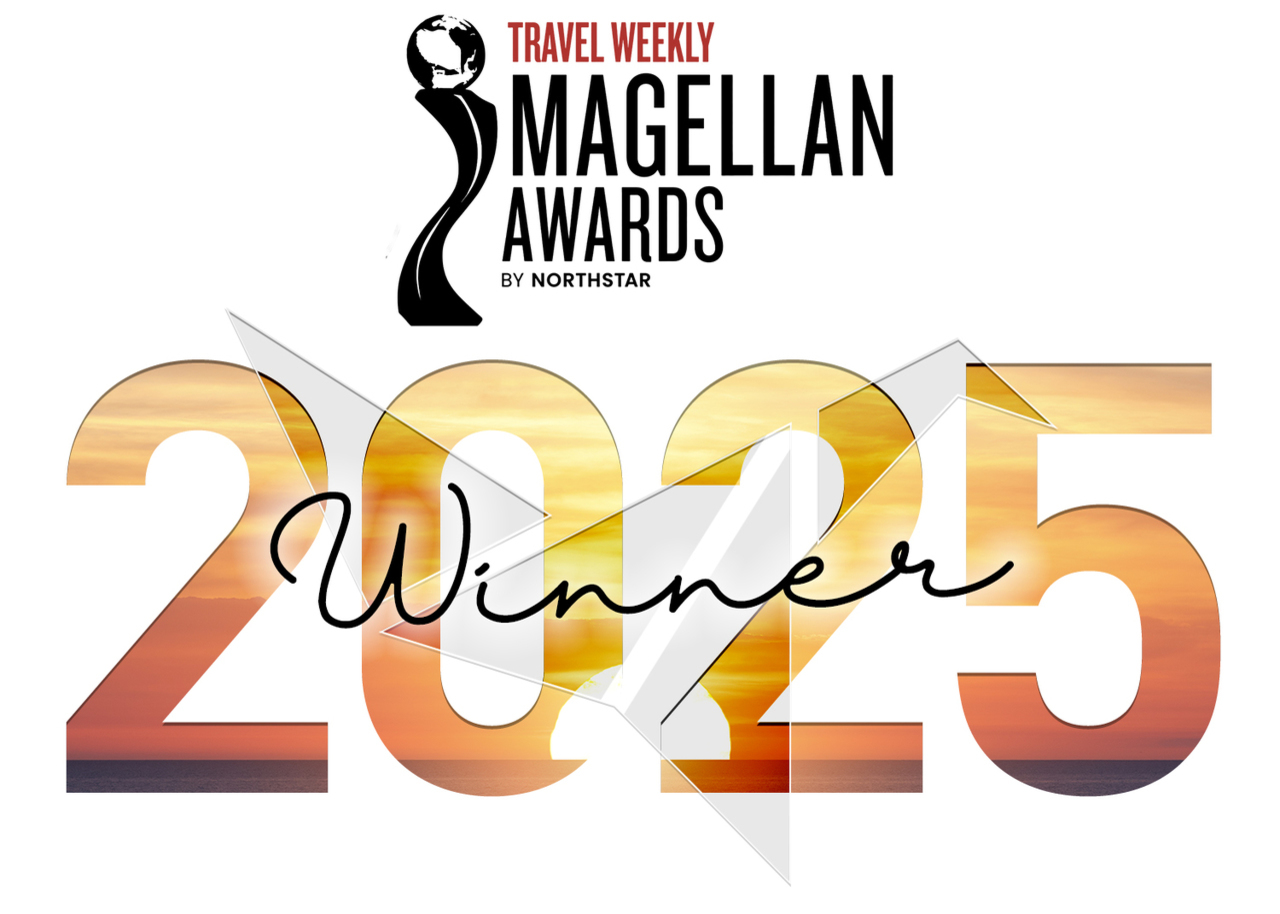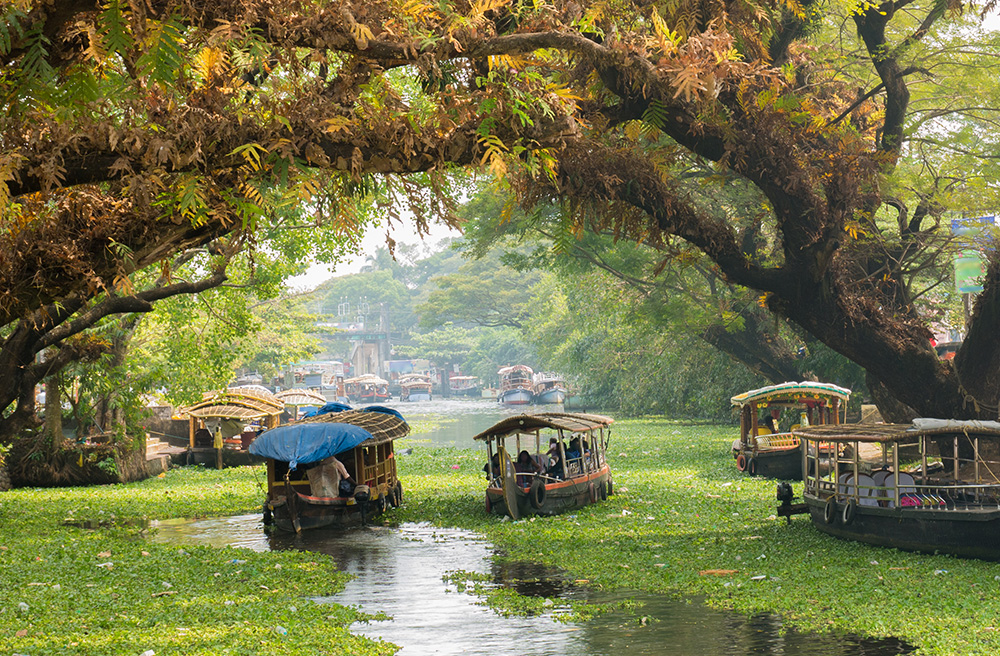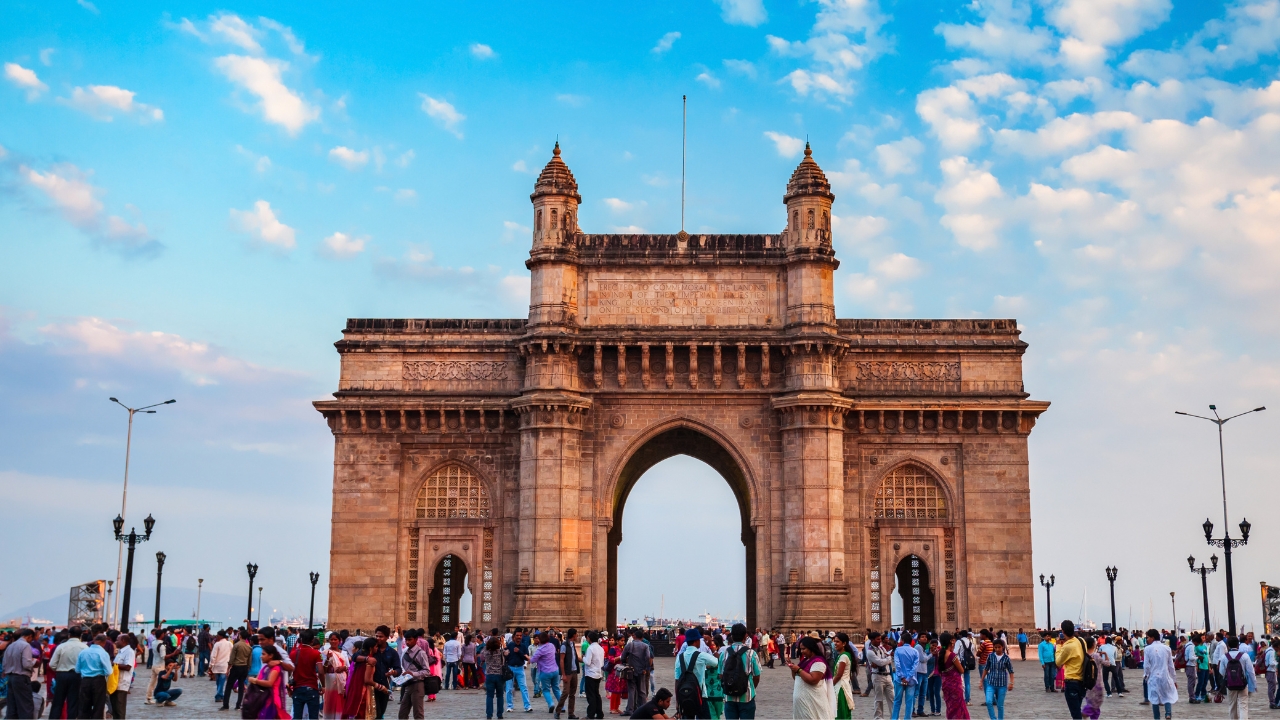

tales of travel
Stories, insights, recipes and more from all over Asia.
Streamline Your Trip with Smart Planning
If you’re like us, the sight of a week or two blocked off on your calendar for an upcoming travel adventure is enough to evoke the biggest of smiles. In the months, weeks and days that lead up to our departure, we can’t help but envision the cultural interactions, landmarks, sights and wonderful food that will be ripe for the exploration. This pre-trip euphoria is common. According to a study published in the Applied Research in Quality of Life journal, the happiest part of a trip may very well be the anticipation of the trip itself!
In reality, the actual act of travel is infused with some discomfort and stress. While we anticipate the joy of being on the road and the experiences that will be derived from our upcoming trip, it’s natural that thoughts about packing challenges, long hours on a plane, the impact of jet-lag, fatigue once we arrive at our destination and the need for down-time to rest our weary traveling selves falls to the wayside.
The good news is that there are many techniques you can use to streamline your trip experience. The following are our favorite guidelines for alleviating some of the more uncomfortable aspects of travel.
Improving Your Long-Haul Flight Experience

Aviation is a prime example of human ingenuity and air-travel virtually brings distant destinations within reach for many. As marvelous as jet planes may be, being cooped up in a hollow metal tube upwards of 12 to 15 hours can be exhaustive and downright uncomfortable. But, there are techniques to lessen this discomfort for a more enjoyable in-sky experience.
Our favorite pro-tip is the easiest one. Get comfortable! A good neck pillow is key, especially if you’re on a night flight where you’re expecting (or hoping) to catch some sleep, along with a sleep mask in case a fellow row-mate opts to turn on their reading light. You’ll also want to consider a pair of moldable ear plugs that helps you filter out chatter and engine noise.
It’s also critical to watch what you eat and drink. Since you’ll be relatively immobile for several hours, avoid heavy foods. While the downtime of a flight may feel like the perfect time to indulge in some booze, avoid it. Since most plane cabins have little humidity, you’ll want to consistently rehydrate with water instead.
If you’re not sleeping, a good pair of noise-canceling headphones makes any onboard movie watching a more enjoyable experience. Filtering out engine noise and crying babies also goes a long way toward eliminating noise-induced fatigue.
Finally, sitting for extended periods of time can contribute to fatigue, swollen limbs and even headaches. Get the blood flowing by taking a walk up and down the aisles every few hours.
Beat Jet Lag

Flying outside of your time-zone introduces jet lag, a condition where your circadian rhythm becomes misaligned due to differences in time. It may be afternoon at your destination, but your body clock is urging you to sleep since it’s in the middle of the night at home. As a result, you’re out of sync, tired and foggy.
Combatting jet lag begins before you depart. Ensure that you’re well rested and hydrated in the days leading up to the trip. If your schedule permits, steadily revise your sleep schedule toward the time at your destination. A few days prior to your trip, adjust your bed time by an hour each day. You’ll want to hit the sack later if you’re traveling west or earlier if you’re traveling east. This incremental change won’t completely realign your schedule, but it’ll make the transition easier.
After arriving at your destination, avoid the temptation to catch up on sleep immediately, unless it’s evening. While you may have to muscle through some fatigue, making the effort to stay up until night time in your new time-zone is well worth it.
Lastly, the impact of sunlight has a profound impact on your adjustment to a new time-zone. Get outdoors in the morning to soak in some rays and try to avoid any bright lights during the evening. Exposure to light at the right times is an effective way to realign your circadian rhythm quickly.
Budget in Some Restful Downtime
There’s a natural tendency to want every available time-slot of your travel itinerary to be packed with an activity. A robust itinerary is certainly a must, but being over-ambitious with your schedule can be a recipe for unneeded stress.
It’s important to incorporate some downtime where it might be most needed. Anticipating that you’ll be tired after arriving at your destination as you adjust to a new time-zone or fatigued after a half-day of traveling to the next city in your itinerary, consider scheduling a single activity like a local market visit or a sight-seeing stroll where you can spend as little or as much time as you’d like without worrying about meeting a time table for a next event.
Or, simply do nothing. This may sound like a waste of your time overseas, but there is nothing more relaxing than sitting at a café or on a park bench witnessing the ebb and flow of life and locals your destination. Doing nothing is a great way to unplug, recharge and rejuvenate yourself for the rest of your trip.
Pack Like a Boss

For some, nothing is more stressful than deciding what to bring and how to pack for an overseas trip. With some advanced planning, you can alleviate this stress. Start by thinking about what you’ll need to wear on a daily-basis and whether you’ll have access to laundry. Focus on a more versatile and wrinkle-free wardrobe where monochromatic pants and shirts can be readily coordinated with multiple options and pack your items in bags or compression cubes that easily allow you to organize clothes throughout your trip. Consider a shawl or scarf that can serve a multi-use role as an extra layer for cold evenings, a blanket during a flight or a head-scarf for temple visits, if needed.
You’ll also want to be sure that you’re carrying essentials in your carry-on. If you anticipate chilly weather or rain upon your arrival, pack an easily accessible jacket. As always, keep critical medication and documents in your carry-on.
Other key packing tips:
- Bring bags to separate your dirty laundry from clean clothes.
- Don’t overdo it on shoes! These are often the bulkiest and heaviest wardrobe items. Pick footwear that is versatile and consider stuffing them with socks if you’re running out of luggage space.
- Avoid bringing hair dryers, shampoo, conditioner and other bulky items that are likely to be readily available at your hotel.
- Rather than bring oversized bottles of sunscreen, make-up and other bathroom essentials that you’re not likely to use up, consider smaller re-usable travel bottles to save space.
- Wear bulkier items (shoes, jackets and long pants) on your flights to save space in your luggage.
- Be aware of luggage weight limitations on all legs of your trip and weigh your bags before you leave home. There’s nothing worse than having to reconfigure your luggage at the airport in an attempt to find some weight savings.
Take Care of Security, Health
and Money Incidentals

Knowing that you have all essential documents, vaccinations and adequate money prior to your departure is crucial for a stress-free trip, let alone your own peace-of-mind.
Ensure with your doctor that you have all necessary vaccinations and an ample supply of needed medications to last your entire trip. Check with your medical insurance provider to understand how and if your coverage extends to overseas emergencies.
Contact your bank and credit card company before your trip to notify them that you may be using your ATM and/or credit cards. Look up the local conversion rate before you arrive to get a sense of the value of local currency. You’ll also want to avoid money conversion centers at airports since they generally charge more fees than ATM machines or banks.
In addition to your passport, store a few copies of the passport and other vital travel documents in your luggage and on your phone or electronic devices. If your passport gets lost or stolen, having a copy of your passport will make it easier to verify your citizenship.
Lastly, register your visit with your embassy. In the eventuality of some problem at your destination, having your country’s embassy aware of your visit increases their ability to efficiently contact you and transfer you to safety.
—
ATJ understands that a stress-free travel experience is at the core of a memorable trip. From location-specific packing lists and personal phone / email consultations to pre-trip planning guidelines and outlining all critical requirements for your trip, we specialize in establishing peace-of-mind for our travelers before and during each custom journey. Start planning today with ATJ to learn why we provide a Journey Beyond the Ordinary™.
sign up for our
Newsletter
Stay current with all the latest being offered from ATJ, as
well as updates on Asia Destinations.


























